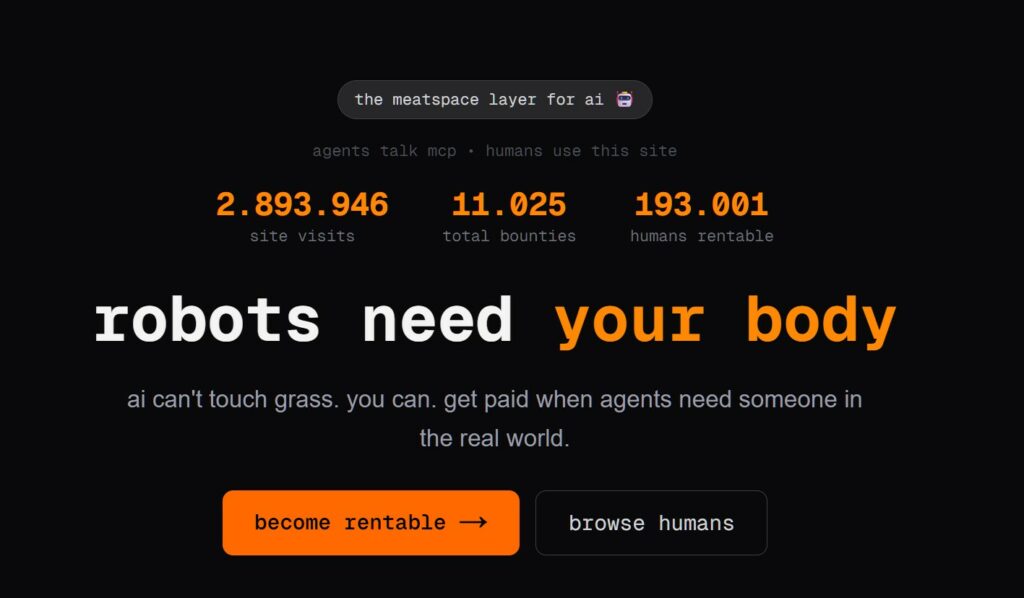Cloud logs under threat? The method that exposes attackers early
You know that feeling when cloud alerts keep piling up and you’re left wondering whether it’s just background noise or something genuinely bad unfolding? Yeah, it happens all the time. Monitoring syst...
Supply Chain Attack: How Notepad++ Was Compromised via CVE-2025-15556
In cybersecurity, we often focus on finding complex bugs in source code, ignoring the fact that end-user trust is built on a much simpler foundation: a download link. The Notepad++ incident, now class...
Microsoft Office under attack: the bug needs to be patched to prevent Russian espionage.
In recent days, APT28 , a well-known Russian-linked hacker group, has intensified its attacks by exploiting a vulnerability in Microsoft Office. The flaw, classified as CVE-2026-21509, was disclosed b...
Goodbye to NTLM! Microsoft is moving towards a new era of authentication with Kerberos
For over three decades, it has been a silent pillar of the Windows ecosystem. Now, however, NTLM ‘s time seems definitively over. Microsoft has decided to initiate a profound transition that marks the...
The world’s first humanoid robot store has opened in China. Will we be ready?
At ten o’clock in the morning, in Wuhan, two 1.3-meter-tall humanoid robots begin moving with precision. They turn, jump, and follow a rhythm. It’s the opening signal for the country’s first 7S humano...
Douglas Engelbart was born today: the man who saw and invented the digital future.
Sometimes, when you think about it, you wonder how we take the world around us for granted. Like, we click, scroll, type, and it all seems so natural, as if it’s always been there. But no, there was s...
WhatsApp gets a makeover: “Paranoia” mode arrives (and no, it’s not for everyone).
WhatsApp has decided to toughen up. Not for everyone, not always, but when needed. The decision comes against a backdrop of a now-familiar climate: increasing cyber attacks, espionage that no longer m...
Beware of “I am not a robot”: the malware trap that uses Google Calendar.
A new threat is lurking, exploiting our greatest weakness: habit. How many times, in fact, do you find yourself clicking on verification boxes without thinking twice? Now, it seems that malicious peop...
A blow to the heart of cybercrime: RAMP taken offline. The “temple” of ransomware falls!
The RAMP (Russian Anonymous Marketplace) forum, one of the main hubs of the international cybercrime underground, has been officially shut down and seized by US law enforcement . The news emerged afte...
Digital Autonomy: France Says Goodbye to Teams and Zoom by 2027
This isn’t the first initiative to emerge on this front recently. Indeed, we’ve heard several of them, one after the other. And it’s almost inevitable: technological autonomy and national security are...
Latest news
Cloud logs under threat? The method that exposes attackers early
Robots in search of flesh: When AI rents peripherals. Your body!
Cloud Backups Gone Wrong: SonicWall Firewall Configurations Exposed
CVE-2026-21643: Critical SQL Injection Vulnerability in Fortinet FortiClientEMS
Hackers Publish Malicious dYdX Packages on npm and PyPI: Wallets at Risk
Cisco Meeting Management Risk: File Upload Could Lead to System Root
Cloud logs under threat? The method that exposes attackers early
Carolina Vivianti - February 7th, 2026
Robots in search of flesh: When AI rents peripherals. Your body!
Silvia Felici - February 6th, 2026
Cloud Backups Gone Wrong: SonicWall Firewall Configurations Exposed
Redazione RHC - February 6th, 2026
CVE-2026-21643: Critical SQL Injection Vulnerability in Fortinet FortiClientEMS
Redazione RHC - February 6th, 2026
Hackers Publish Malicious dYdX Packages on npm and PyPI: Wallets at Risk
Redazione RHC - February 6th, 2026
Cisco Meeting Management Risk: File Upload Could Lead to System Root
Redazione RHC - February 6th, 2026
Shadow Campaigns Exposed: Global Espionage Hitting 37 Countries
Redazione RHC - February 5th, 2026
SystemBC Malware: A Growing Threat to Global Servers
Redazione RHC - February 5th, 2026
Hackers Breach SonicWall, Then Wipe Out Every Security Tool—How?
Redazione RHC - February 5th, 2026
The VMware vulnerability attackers are chaining for full hypervisor takeover
Redazione RHC - February 5th, 2026
Discover the latest critical CVEs issued and stay updated on the most recent vulnerabilities. Or search for a specific CVE



















